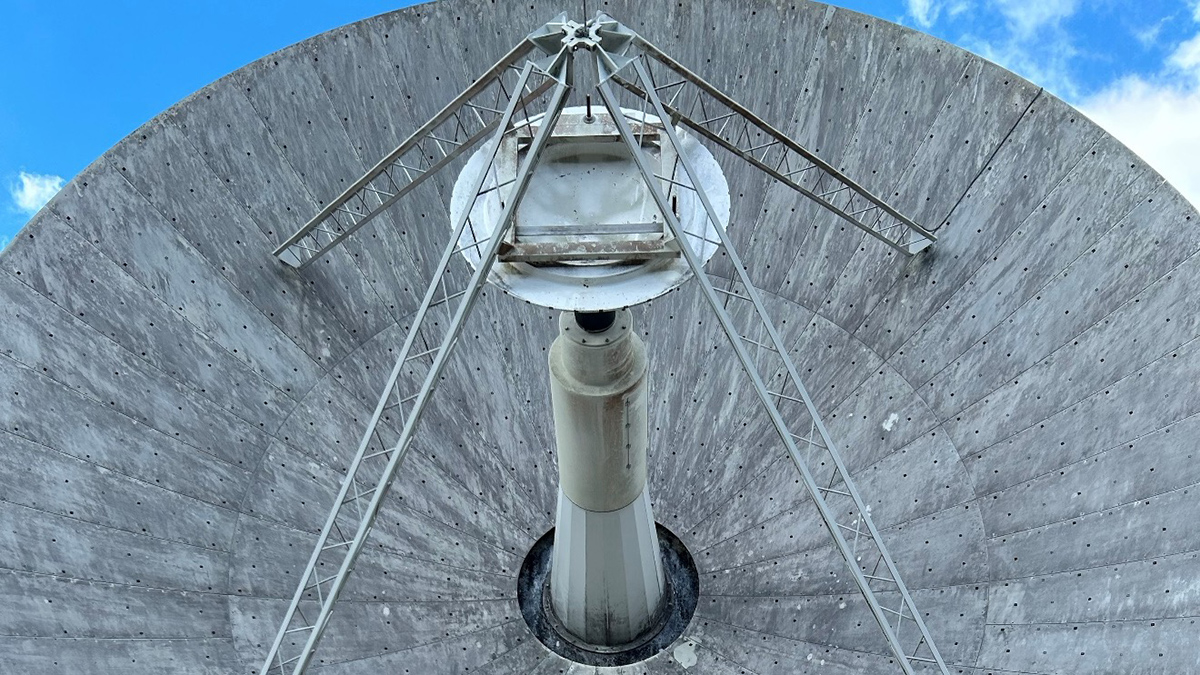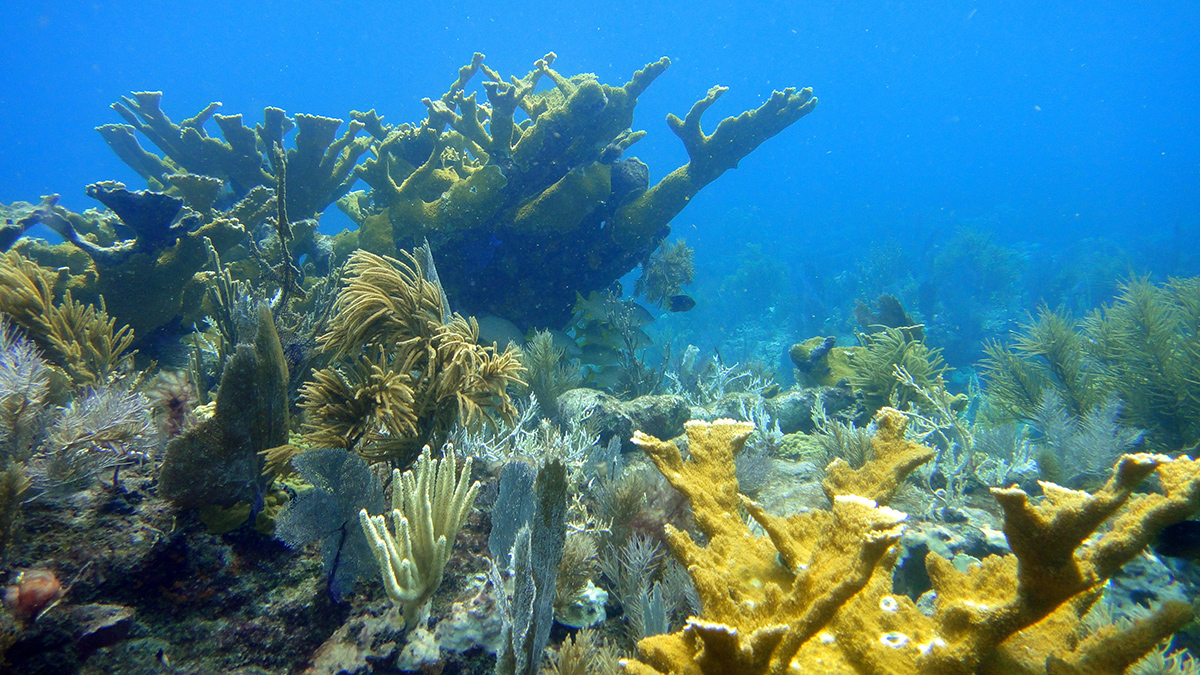A 12-meter telescope at the Arecibo Observatory gets outfitted with a wideband cryogenic system to expand its capabilities.
Sarah Stanley
Sarah Stanley, a freelance writer for Eos, has a background in environmental microbiology but covers a wide range of science stories for a variety of audiences. She has also written for PLOS, the University of Washington, Kaiser Permanente, Stanford Medicine, Gladstone Institutes, and Cancer Commons, a nonprofit that works with cancer patients.
La química del agua somera podría hacer a los arrecifes más resistente a la acidificación del océano
Estudios de los Cayos de Florida revelan variaciones geográficas y temporales en los efectos de la acidificación en corales.
Urban Nature Is Often Plentiful but Inaccessible
A novel research framework deepens understanding of urban nature accessibility and highlights progress toward green space goals.
Shallow Seawater Chemistry May Make Reefs More Resistant to Ocean Acidification
Research from the Florida Keys reveals geographic and seasonal variation in the effects of acidification on corals.
Seawater Dynamics in an Underexplored Antarctic Fjord
Wind is the major driver of salinity changes within the narrow, glacier-fed cove.
Adding Oxygen to a Lake to Explore Methane Emissions
A rare whole-lake experiment suggests that in some cases, low-oxygen conditions may have a smaller impact on methane release to the atmosphere than previously thought.
Machine Learning Provides a Clearer Window into Ocean Motion
A new method could translate satellite information about sea surface heights into insights on current, heat flow, and—ultimately—climate change.
James Webb Space Telescope Captures Saturn’s Changing Seasons
Unprecedented images reveal how Saturn’s atmosphere is evolving as summertime winds down in its northern hemisphere.
Exploring Just How Extreme Future Storms Could Get
A novel approach to storm simulations could help prepare for increasingly heavy precipitation events.
Probing Rare Hot Plasma Flows in the Upper Atmosphere
Postmidnight flows appear to be triggered by the same mechanism that drives more frequently observed evening flows.










